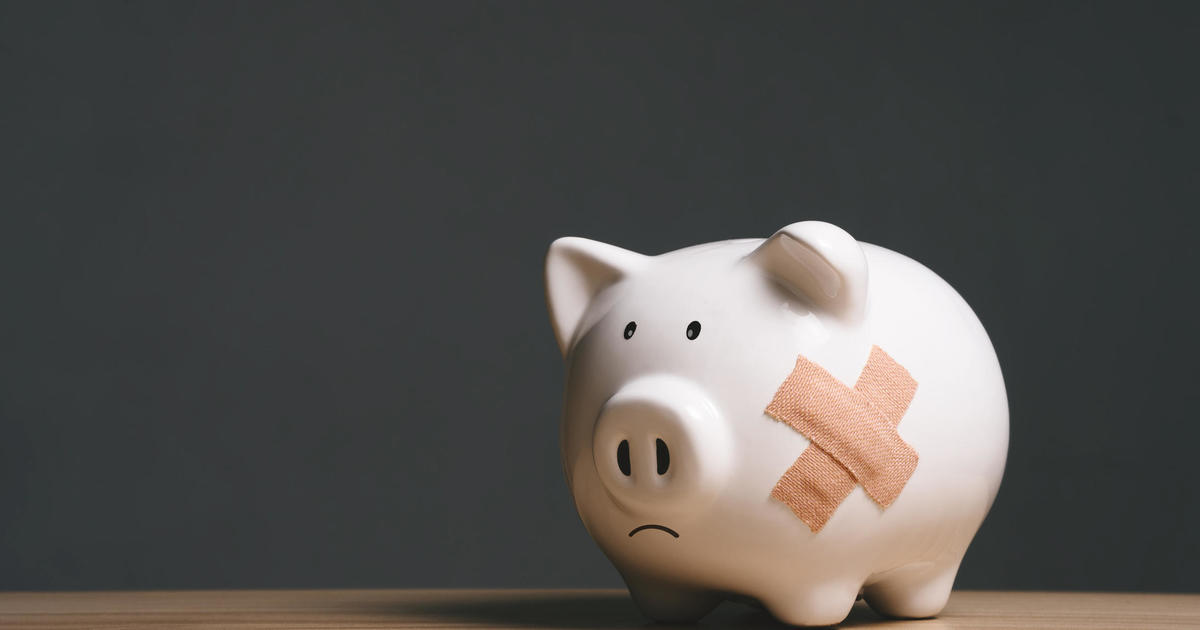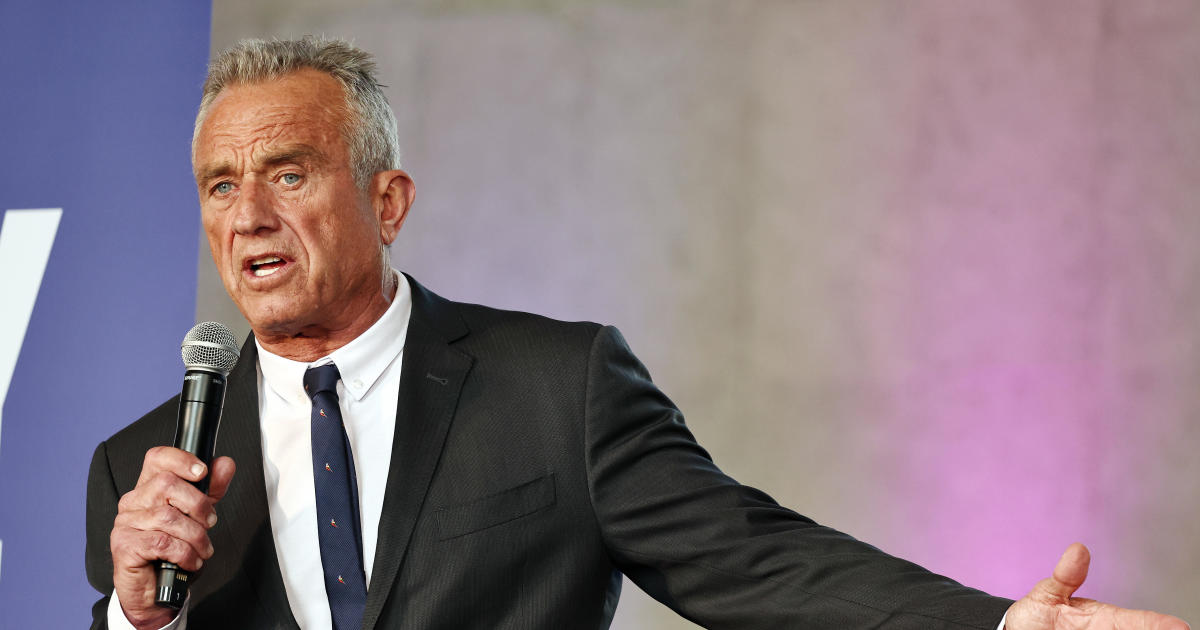Does setting the legal drinking age at 21 fuel a binge drinking culture among American teens?
Watch the CBSN Originals documentary "Drinking Culture: American Kids and the Danger of Being Cool" in the video player above.
In America's high schools and colleges, binge drinking and "blacking out" have not only become normalized, but cool. It's a trend that fuels campus tragedies like sexual assault and fraternity hazing deaths. And some experts believe that the United States' minimum legal drinking age of 21 — which is several years higher than the minimum legal drinking age in most other countries — might very well contribute to the problem.
"I think we want to do what we can to keep alcohol out of the social networks of high school students. And so I do think that we shouldn't be letting people who are 18 and younger drink," says Dr. Laurence Steinberg, a professor of psychology at Temple University.
"On the other hand, we've set up a real dilemma on college and university campuses, where basically you have half the people who are enrolled legally permitted to drink and the other half not legally permitted to drink. And I think that that sets up all kinds of dysfunctional and strange patterns of drinking as a result of that. I think setting an age where it would be legal for [all] college students to drink would probably improve things," he said.
It would improve things, Steinberg believes, by removing the constraints that currently result in college freshmen and sophomores drinking in unregulated environments.
"I think that a lot of it has to do with the context in which the drinking takes place," he explains. "So when you are forcing kids — because they're not of legal drinking age — to drink in their dorm rooms, where they're hiding it from other people, or to drink in house parties, as opposed to going out to clubs and bars where there are people who are monitoring it — a bartender is not supposed to serve somebody that's obviously intoxicated — I think you're setting up a situation where binge drinking is actually going to be more common, not less so."
There are, however, other benefits to the United States' higher legal drinking age. Prior to 1984, the legal age when alcohol could be purchased in America varied from state to state. According to the CDC, after all states uniformly increased the legal drinking age to 21, they consequently saw a 16% median decline in motor vehicle crashes.
After the enactment of the National Minimum Drinking Age Act of 1984, states also saw a decrease in the binge drinking behavior of Americans under the age of 25. Drinking during the previous month declined from 59% in 1985 to 40% in 1991 among Americans aged 18 to 20 years old. Drinking among people aged 21 to 25 declined from 70% in 1985 to 56% in 1991, the CDC reports. And according to the World Health Organization, those who avoid alcohol at a younger age are less likely to develop drinking problems later in life.
In the decades since 1991, however, America has seen several problematic trends emerge in the drinking culture of its youth. For example, while men have traditionally shown higher rates of binge drinking than women, that gender gap is now narrowing. Research shows the rates of alcohol use and binge drinking are now on the rise in women and girls.
"While we are definitely not done with reducing and preventing excessive drinking on college campuses, the data are clear: 21 has made a huge difference," says Dr. David Jernigan of the Boston University School of Public Health. "And if it were supported by other evidence-based policies – higher alcohol taxes, restrictions on physical availability and advertising, and holding adults responsible when they supply alcohol to persons under 21 – it would save even more lives and futures than it already has."
Overall, in a 2017 federal survey, nearly 35% of full-time college students ages 18 to 22 admitted binge drinking in the previous month. Binge drinking is defined as five or more drinks on a single occasion for men, or 4 or more drinks for women.
Drinking contributes to the deaths of more than 1,500 college students each year, according to the National Institute on Alcohol Abuse and Alcoholism. What's more, the group says, alcohol plays a role in an estimated 696,000 assaults by another student and 97,000 cases of sexual assault or date rape each year.
Lily Vargas, a 21-year-old college student at Nova Southeastern University in Florida, told CBS News that she believes the drinking age definitely affects teens' propensity to binge drink.
"In Hispanic countries, it's very common that the drinking age is a lot lower, so it's just something that people have around," said Vargas, who is Hispanic. "At parties, alcohol was always there, since we were like 14 years old. Beginning of high school, everybody was drinking and it was very much part of the common culture."
The difference between parties with her Hispanic friends and parties with her American friends, she points out, was not in the presence of alcohol, but rather in the way people abused the alcohol that was present.
"In the Hispanic parties, you would see people maybe have a beer," explains Vargas. "But I would say, in contrast, if I went to parties that were American parties with my American friends, when there was alcohol, people would go a little bit more crazy on it, where you would see 17-year-old girls black-out drunk."




